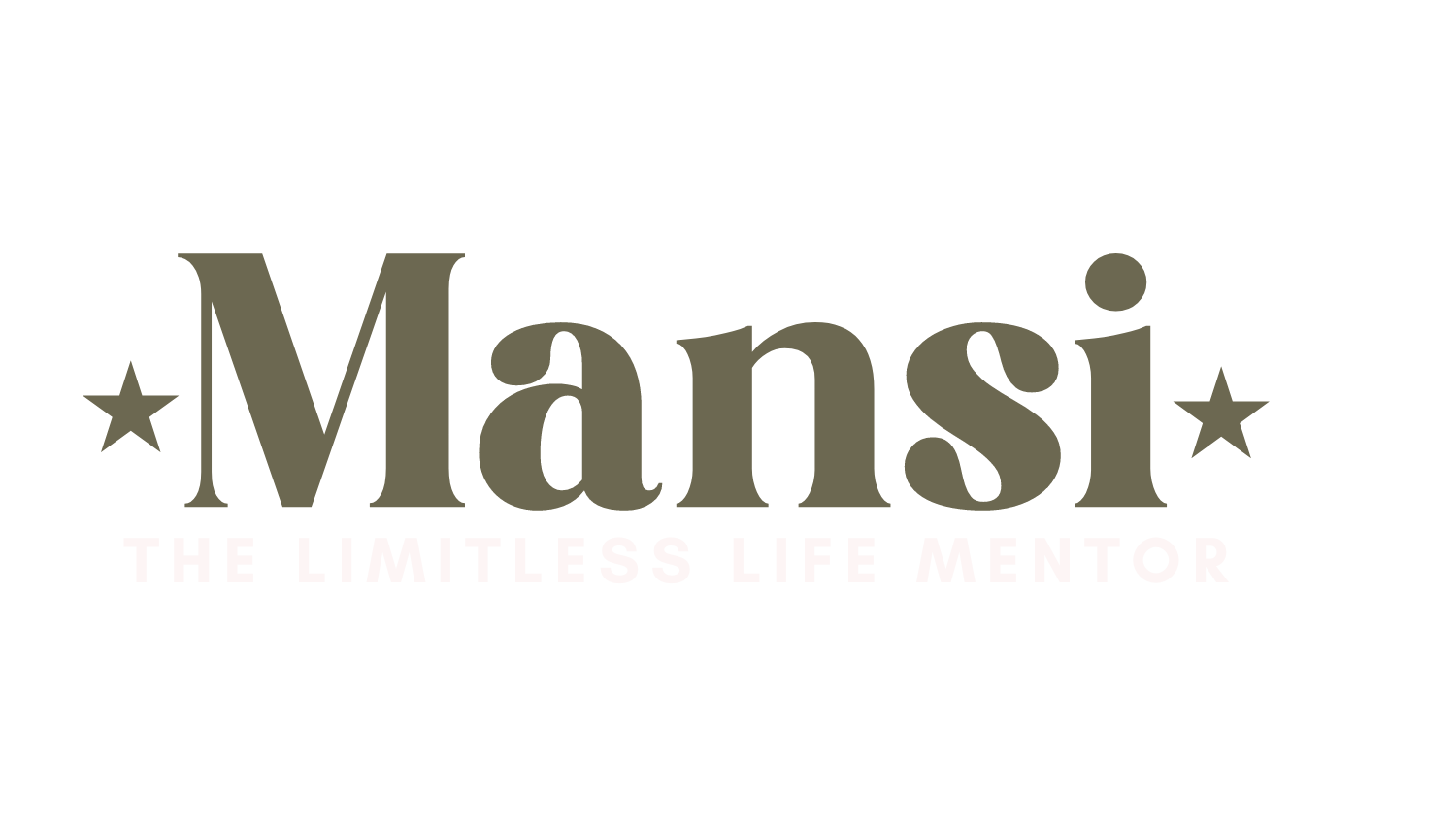
From Jack of All Trades to A Market of One: The Generalist’s Guide to Niching Down
Niching Challenges for a Generalist
Freelancing platforms often cheapen a generalist’s diverse skills. They’re designed to sell hammers—specialized skills like coding, design, or writing, and expect people to fit into boxes. When you sign up for one, you’re forced to define yourself by a single skill, like "designer" or "writer."
The value of these hammers depends on two factors:
The wielder of the tool: Think of Thor with his mighty hammer, Mjölnir.
The problem it solves: Did you hang a picture on the wall, or did you save the world from aliens?
It’s the same tool, but the outcome changes its value. This is where generalists often struggle—they compare themselves to specialists and feel like “just an average coder, writer, or consultant.” They conclude: “I’m not enough.”
They forget that their power lies in their ability to wield multiple hammers. Instead of embracing their unique skill set, they chase certifications or courses, hoping to find a stronger tool. This is a disservice to their true value —the ability to combine skills and solve complex problems creatively.
How to Articulate Your Expertise
Generalists shine in context-driven problem-solving. As a high-performing corporate professional, you operate within a framework shaped by:
The industry and its level of maturity
The role you play within a function
The growth stage of the company
The competitive dynamics of the market
Over time, you develop nuanced skills such as strategic thinking, negotiation, and execution—qualities that can’t be taught in a classroom. However, these adaptable skills only stand out when positioned within a specific context.
Because these skills are adaptable, generalists struggle to communicate their value. But when you articulate your expertise alongside a specific problem or context, your diverse skills stand out as a niche.
How to Niche Down as a Generalist
The problem isn’t that you’re a generalist. It’s how you define a niche. Many assume a niche must be an industry-function combo, like "sales in tech" or "UX design." But I propose a better way:
Your Niche = WHO You Serve + The Specific Problem You Solve for Them
When you define your niche by the people you serve and their problems, your diverse skills become a specialized solution.
You escape the trap of competing with specialists and instead design a business that reflects your unique strengths.
The Power of Skill Stacking
Let’s take inspiration from Scott Adams, the creator of Dilbert. In his book How to Fail at Almost Everything and Still Win Big, Adams introduces the idea of skill stacking.
"Success-wise, you’re better off being good at two complementary skills than being excellent at one." — Scott Adams
[Insert Picture]
Adams wasn’t the world’s best cartoonist. But by combining business skills, humor, and corporate insights, he created Dilbert, a wildly successful comic strip.
The takeaway? You don’t need to be the best in one skill. You can build massive success by stacking two or three complementary skills that make you unique.
My Examples: How I Created Two Niches as a Generalist
When I left corporate life, I didn’t know how to position myself.
I had worked in B2B sales and analytics delivery, which felt like a broad, generalist role. But when I reframed my skills within a specific context, I created two profitable niches by stacking skills creatively.
Monetized my average stack of skills in Analytics Delivery
Delivering analytics solutions to Fortune 100 clients
Writing SOWs and setting up governance routines
My experience was highly valuable to a boutique data & analytics consulting firm.
They had a young team of engineers who excelled at Analytics but struggled with the Account Management pieces of delivery. They did not have the management background and the large multinational exposure that I brought to the table. This enabled me to get paid strongly for the expertise I brought to the table.
Monetizing my storytelling skills
Storytelling came naturally to me. I connected with someone on LinkedIn with expertise in storytelling. Together, we designed a workshop for small business founders to help them create strategic narratives.
This is how I combined my existing skills to solve meaningful problems.
You don’t need to become an expert in one thing—you can create your own niche by stacking complementary skills.
The Most Lucrative Niche - “Being Yourself”
“No one can compete with you on being you” - Naval Ravikant
Escape Competition with Authenticity
The most lucrative niche isn’t found by mastering a skill—it’s discovered by being yourself. When you build a business that reflects your authentic self, you escape competition. No one can replicate your unique combination of personality, skills, and experiences.
Examples of Authentic Success
Scott Adams – The Creator of Dilbert
Adams combined business insights, humor, and storytelling to create a unique comic strip that resonated with millions.Bill Watterson – Calvin and Hobbes
Watterson resisted commercial pressures and stayed true to his creative vision. His authenticity made Calvin and Hobbes an enduring classic.Tim Ferriss – The 4-Hour Workweek
Ferriss built his brand by sharing personal experiments and lifestyle hacks. His work resonated because he was living his message.Joe Rogan – The Joe Rogan Experience
Rogan’s podcast became a massive success because he followed his curiosity and had authentic conversations that interested him.
I hope you’re starting to see that success isn’t about talent, or pedigree or your degree, or hard work — it’s about owning who you are.
My Personal Story: How I Got Paid to Be Me
For years, I felt like just another generalist—someone with many skills but no clear niche. I thought, “How can I stand out among experts?” Believing I needed to find the perfect skill, I took courses, explored multiple career paths, and kept searching for that one thing that would set me apart.
The breakthrough came when I realized that I could create a niche by bringing more elements of me into my career -
My personal struggles (Career and Health)
My interest in spirituality
My obsession with the question “How to live a good life?”
My storytelling skills
When I truly stepped into my own, I could see that I could help someone very specific -
Women from pedigree B-schools
Struggling with a strong inner critic
Looking to reinvent their careers
Wanting more time and freedom
With an inclination toward Spirituality
At first, this niche felt small and ultra-specific. But that’s where the magic lies—specificity drives relevance, and relevance increases value. When your niche is that focused, your expertise becomes rare and sought-after.
The best part? I was just being myself. I didn’t follow anyone else’s formula or fit into predefined boxes. I built a business that reflected who I am and what I love to do.
If you’ve ever felt like “just an average Joe or Jane” or “a jack of all trades,” know that your success lies in how you bring your skills together. You don’t need to start over—you already have what you need.
Common Mistakes Generalists Make
Mentoring for Free—Start Solving Problems for Pay
Mentoring feels rewarding, but it doesn’t generate sustainable income. To monetize your expertise, solve real problems for a specific audience—and charge for it.Overcomplicating—Solve Simple Problems First
Generalists often dismiss small problems, thinking, “This is too basic—how can this be worth my time?” But your niche evolves over time. Start small and build momentum with early wins.Chasing the “Perfect” Niche Instead of Taking Action
It’s easy to get stuck comparing niches, thinking, “What if this isn’t the right one?” But the perfect niche isn’t found—it’s discovered through action. Treat it as a hypothesis, test, pivot, and adjust as needed.
THREE Final Action Steps to Take Today
Clarify Your Genius:
Take 15 minutes to reflect on the tasks that bring you joy. Write down 3-5 skills or activities you enjoy the most.Define Your Micro-Niche:
Choose a specific audience and problem your skills can solve.
Pro Tip - Pick someone who’s two years behind you in a journey to overcome a specific struggle in your life.
Create a Simple Offer:
Develop a basic service or package. Don’t overthink it—you can refine it as you go.
3 Ways I Can Help You
Download My Free Guide:
How to Monetize Yourself to Replace Your Salary and Escape the 9-5Join the Waitlist:
Get on the waitlist for The Monetize Me Method program. Read MoreWork with me 1-2-1:
Book Your Free Discovery Call Here


